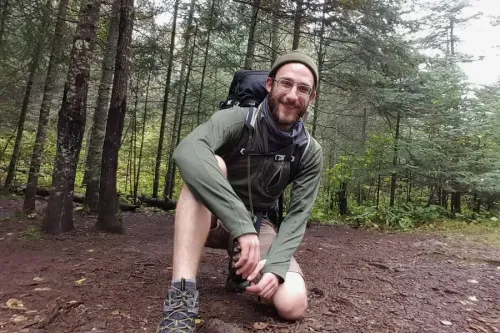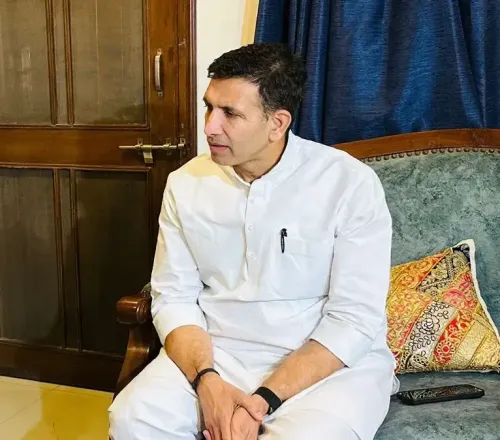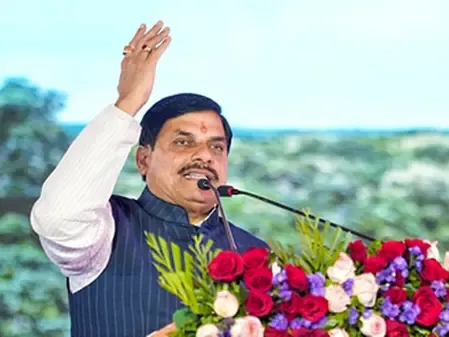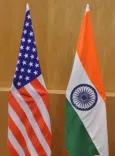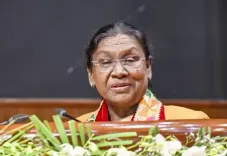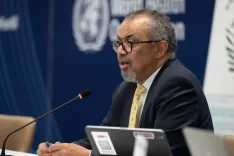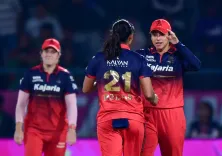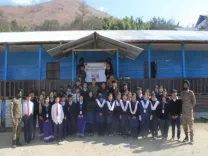Is the Chandrasekharan Murder Case Bail Plea Justified?
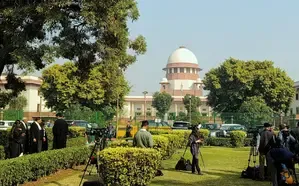
Synopsis
Key Takeaways
- Supreme Court seeks comprehensive trial records.
- Case highlights political motives surrounding TP Chandrasekharan's murder.
- Concerns raised about public trust in the judicial process.
- Arguments from both sides reflect the case's complexity.
- Next hearing contingent on document submission.
New Delhi, Nov 17 (NationPress) The Supreme Court on Monday emphasized the seriousness of the TP Chandrasekharan murder case, raising concerns about the hasty granting of bail without a thorough review of the complete case records.
The Bench asserted the necessity of examining trial court documents, including witness testimonies, prior to deliberating on the bail request. Furthermore, the court denied the interim bail sought by the petitioner at this point.
The Bench has instructed the relevant authorities to submit all case materials, including deposition records and witness statements, within 15 days.
The hearing has been postponed until these records are compiled.
The bail application was submitted by Jyothi Babu, one of the accused in the 2012 murder of Revolutionary Marxist Party (RMP) leader TP Chandrasekharan.
Notably, last year, the Kerala High Court sentenced 12 individuals involved in this case to rigorous life imprisonment, characterizing it as a “barbaric” crime.
All accused were either members of the CPI(M) or individuals allegedly contracted by them to eliminate Chandrasekharan, who had left the CPI(M) to establish his own party.
The Supreme Court proceedings featured intense debates, particularly from Chandrasekharan’s widow, K.K. Rema, who is currently an MLA.
Representing Rema, her attorney claimed that the state government had been “playing hide-and-seek” by neglecting to provide a comprehensive response to the bail application.
He argued that allowing bail in such a serious political assassination case would jeopardize public trust in the justice system.
In rebuttal, Jyothi Babu’s attorney questioned what “game” the state was supposedly playing, accusing Rema’s side of theatrics.
The state’s legal representative also contended that Rema’s accusations were inflated and politically driven.
In her affidavit submitted to the Supreme Court, Rema claimed that the defendants had already been granted “disproportionate leniency” in previous stages, and any further leniency would diminish public confidence in judicial institutions.
She further argued that granting bail to Jyothi Babu would convey a dangerous and demoralizing message, particularly in a case involving a brutal political murder.
Jyothi Babu approached the Supreme Court on health grounds, requesting bail based on deteriorating medical conditions.
However, the court clarified that such claims could not be considered without first thoroughly reviewing the trial record.
The case will be revisited once the requested documents are submitted.


